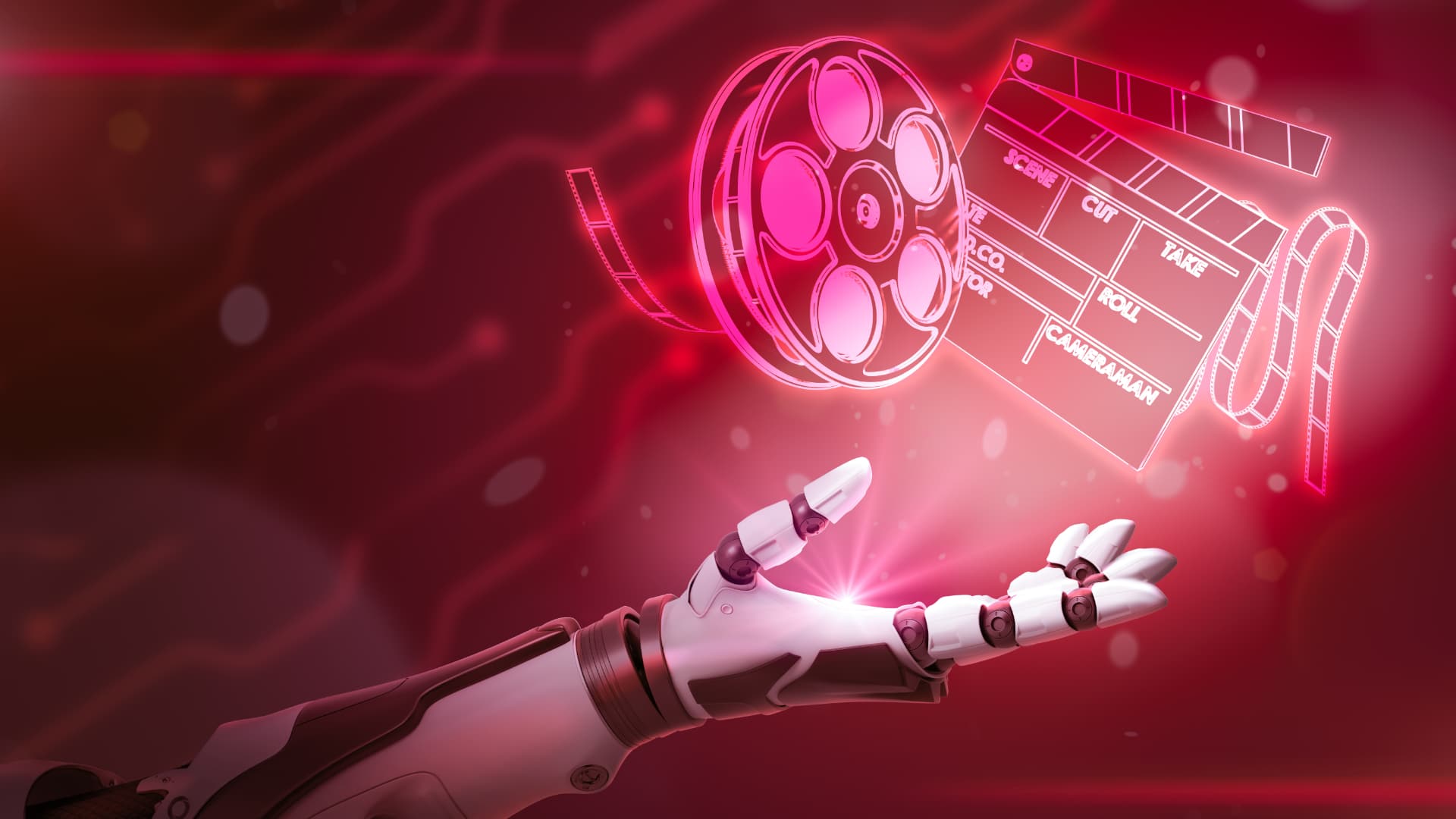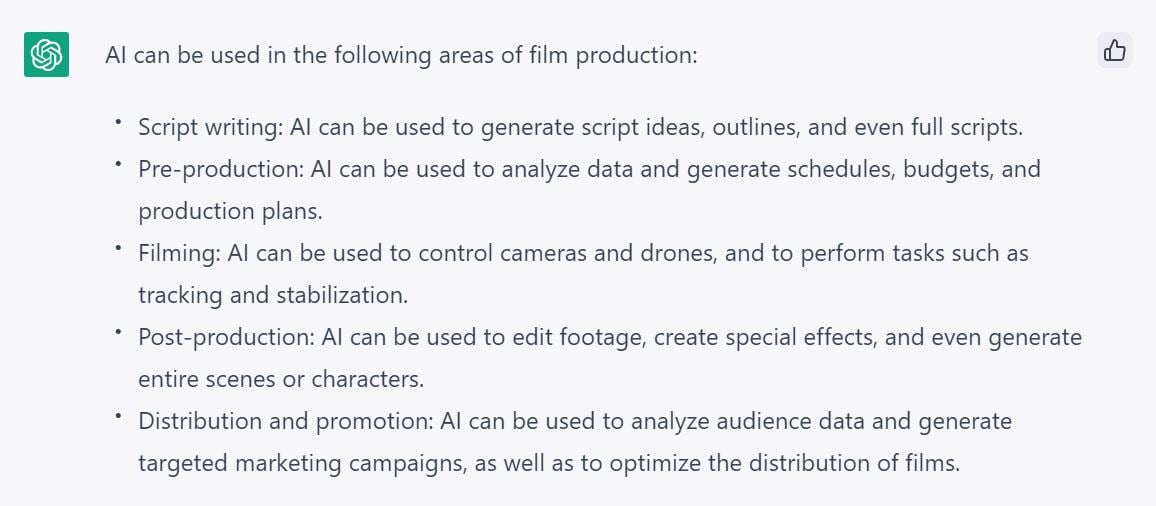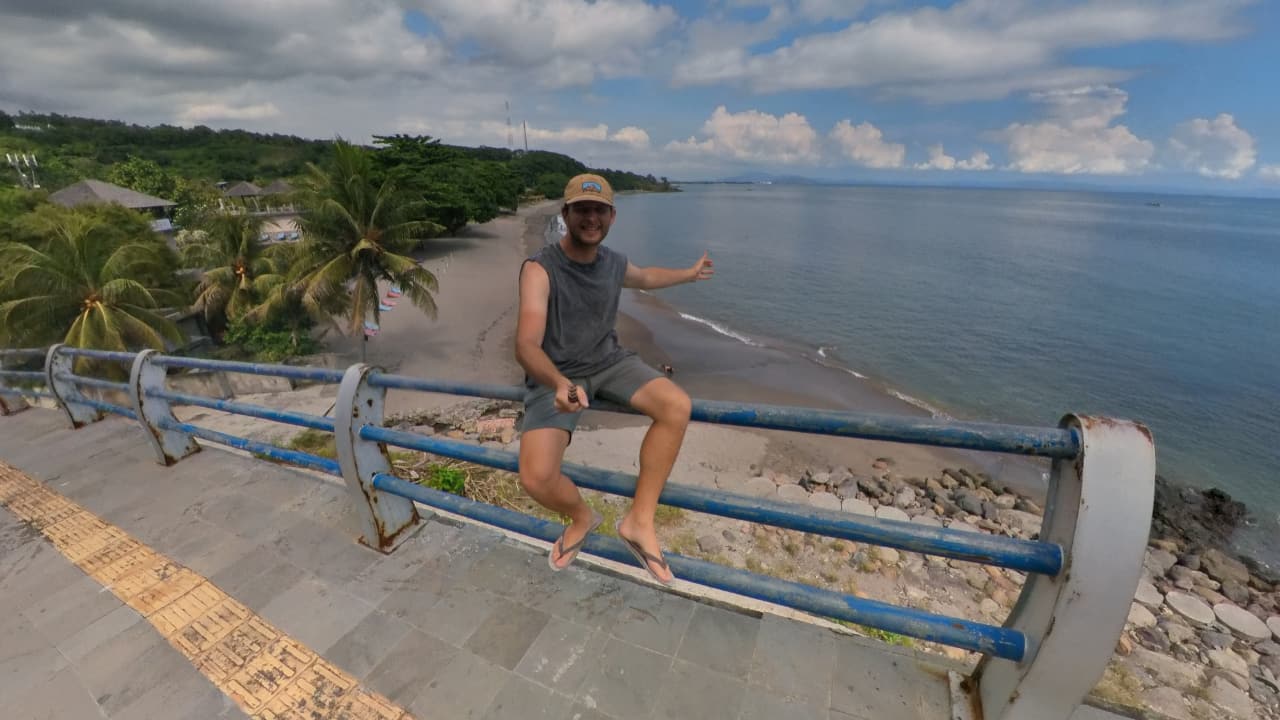
Time to focus on the practicalities. With the development of AI starting to accelerate on an almost daily basis, here are 5 ways it is likely to impact the day to day workings of the filmmaking industry.
Recent online discussion has been dominated by the impressive advent of ChatGPT. This, along with a host of other AI tools such as Dall-E and Lensa AI are heralding the beginning of a new and exciting frontier – the point at which AI becomes truly mainstream and starts to impact our day to day lives in a multitude of different ways
The reality is that AI in some form or another has been playing an ever-growing, prominent role in many processes over the last decade. But now, we’re finally starting to see it enter the public sphere, with millions of people utilising and talking about ChatGPT. With this exciting babble of online discussion comes many hot topics such as the ethics of AI and the many ways in which it may change our lives forever. From helping students to pass exams with flying colours (higher education will have to re-think everything) to rendering writers of online copy pretty much useless (wait…that’s me), the potential seems limitless. But what about filmmaking?
In this article, I’m drilling down on the different ways in which AI may well change the filmmaking industry forever. Naturally, I began by asking our new friend what it thought the future may look like. Here’s what it had to say:

So, a pretty standard breakdown of the whole filmmaking process from start to finish. No matter which part of the film production stage we’re in, it looks like AI can and will play a role. Let’s take a look at each in more detail.
AI in script writing
I can certainly envision a world in which the board at Disney trains AI on their existing scripts in order to generate new ideas, outlines and perhaps even full scripts, based on guidelines such as genre and audience demographics. You can see the dollar signs in their eyes already. An endless cycle of Marvel movies. Every. Single. Week.
Where else may AI step in here? Could it be possible that over time, AI can generate complex, nuanced characters, as well as realistic, believable dialogue that’s based on their personalities, motivations and relationships with other characters?
I think we’ll see human writers and creatives leaning more and more on AI – certainly for feedback and suggestions on scripts, but also as a way to analyse data on audience preferences and trends, generating new plots and twists. The ethics of that are up for debate.
AI in pre-production
I see AI playing a huge role in pre-production. We're already using tonnes of apps and tools that lend themselves to this natural evolution.
It's not a far stretch to envision a tool that analyses data for availability and costs of crew, location and equipment, generating optimal production schedules and budgets.
It's all about data, here. AI could select the best cast and crew for a production, based on previous awards and nominations, box office performance and audience demographics. It could analyse and optimise the allocation of resources throughout production, as well as location scout and risk assess. Just about any part of pre-production seems fair game here.
The end result of all this is a pre-production process that's faster, more efficient and ultimately, cheaper. It may well mean smaller teams are hired, too.
AI in filming
Worried yet? In terms of the actual filmmaking, we're already seeing a lot of AI involvement. It can control cameras and drones, carrying out tasks such as focusing, zooming and panning.
We're already seeing how it tracks objects and individuals, as well as cleaning up shakes with stabilisation. But how much further could it go? Could we end up with fully automated cinematography? Imagine AI that analyses a scene, suggesting the best composition and camera angles, as well as making real-time decisions on camera movement, lens selection and lighting.
Cinematography is one of the finest crafts when it comes to human creativity - something we revere and worship. It'd be a hard pill to swallow if all of this became automated.
AI in post-production
Post-production strikes me as an area extremely vulnerable to an AI takeover. Even as I write this, we're seeing viral trends about new software that changes a character's eyes to look directly at the camera. Or something that completely changes what a character says, with seamless mouth and speech replacement. And then there's the ethical bog of deep fakes that's been around for years. Whether you want to change a character's face, create an explosion or generate a space battle, it's all achievable right now.
But it's not just special effects that AI could impact. Imagine editors using a tool that analyses footage, automatically selecting the best shots and sequences, suggesting transitions and other elements to enhance the story.
And what about colour correction? What was once considered a masterful art may be achieved in seconds. Similarly, sound design could be done by an AI tool.
AI in distribution and promotion
Last but not least, AI can certainly impact distribution and promotion. As a freelance filmmaker sharing things on YouTube, I'm already at the whims of many complicated, mysterious algorithms.
AI will analyse data for demographics, viewing habits and social media engagement in order to understand target audiences. It can then create targeted marketing campaigns for these different demographics, as well as managing the social media accounts for a film.
Audience preferences and trends throughout popular entertainment will also be analysed in order to optimise a film's distribution - something that's incredibly useful in a world where it's more competitive than ever, with various streaming giants going toe to toe with traditional cinema. AI could even analyse trailers, posters reviews and social media chatter to accurately predict how well a film might perform at the box office.
So, should we be worried, then?
Should we be worried, then? I think it's fair to say that AI is here to stay and will absolutely have an impact on the way we make films. Some of it I'm sceptical about and some of it I don't agree with (and we'll see how that all works out out legally). What are your thoughts?
In my mind, the advent of AI fulfilling the role of churning out mundane, run-of-the-mill “content” only serves to place a higher value on human creativity. Anything that isn’t created by AI will be of note, carrying authenticity and respect. As for the AI stuff? It’ll be interesting to see how good it can get.
When it comes to speeding up tools I already use for pre-production, making them more efficient, or make easier something I don't really enjoy such as marketing and distribution, I'm all for AI intervention. Long live Skynet! And there's proof a human wrote this if ever there was...
Tags: Technology Production AI


Comments